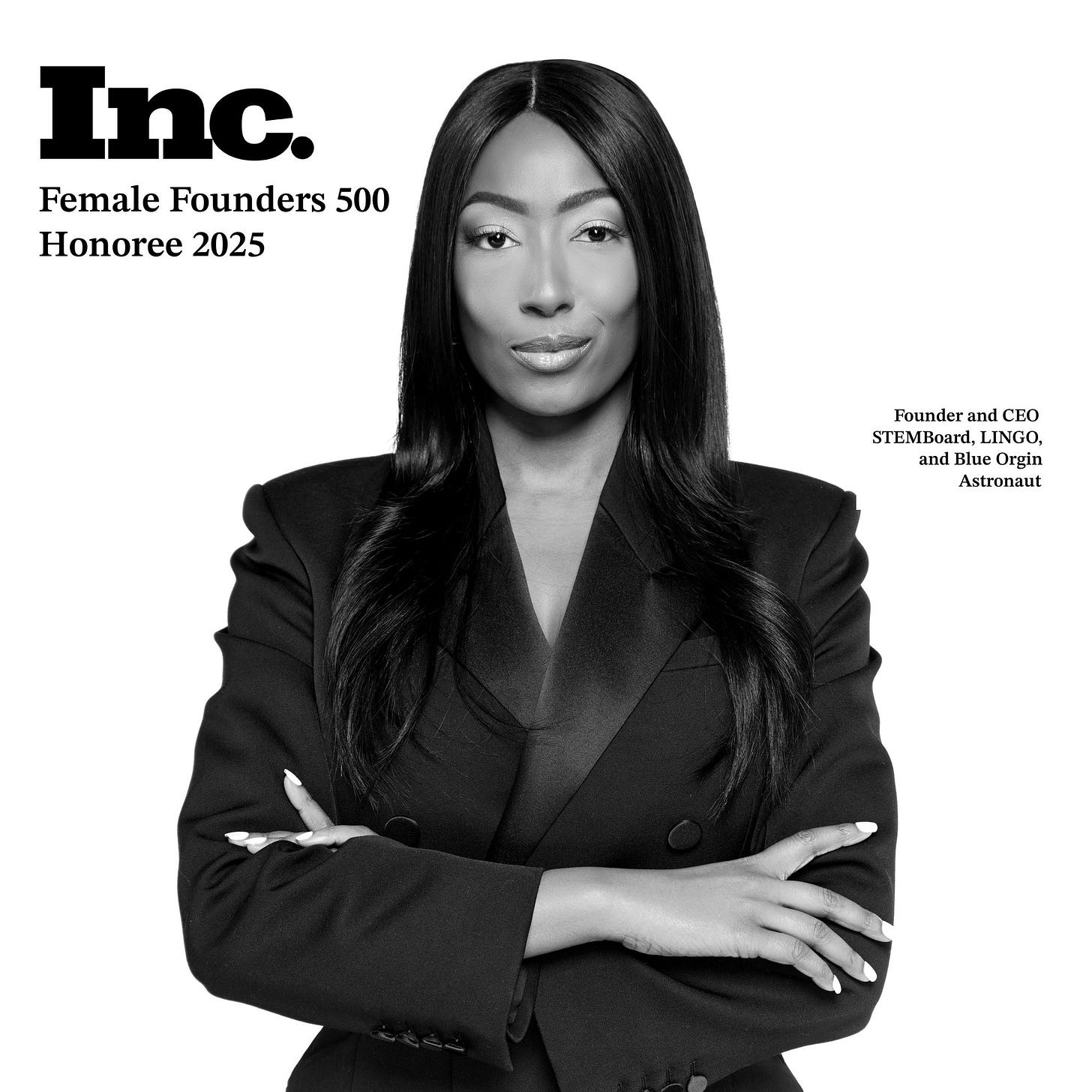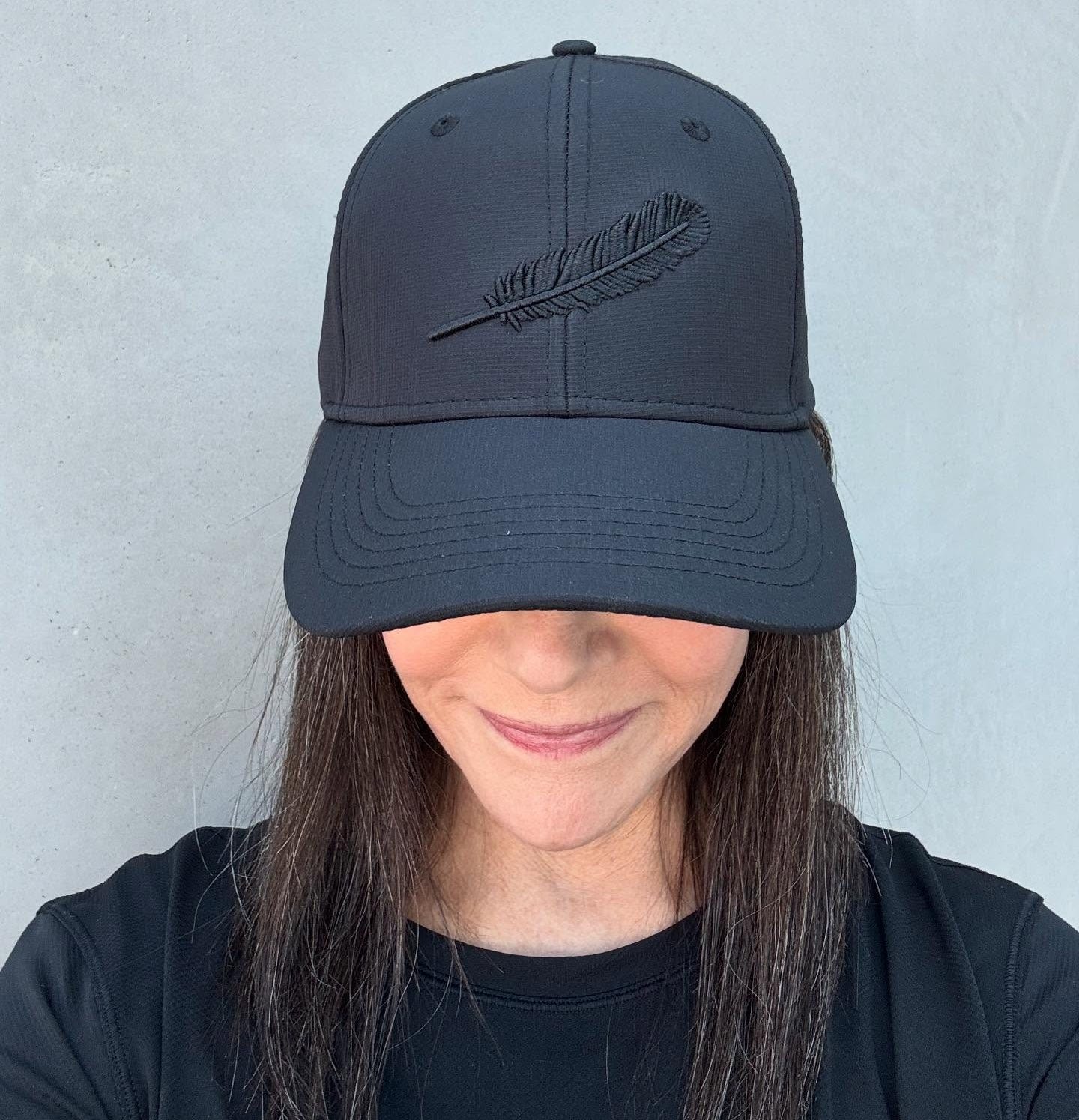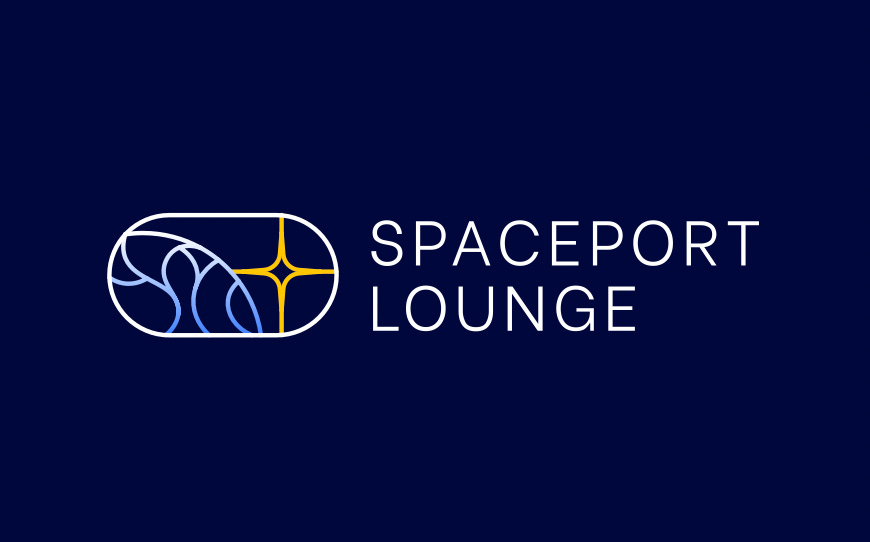Blue Origin’s All-Female Space Flight
Lauren Sanchez, Gayle King, and Katie Perry provide Star Power
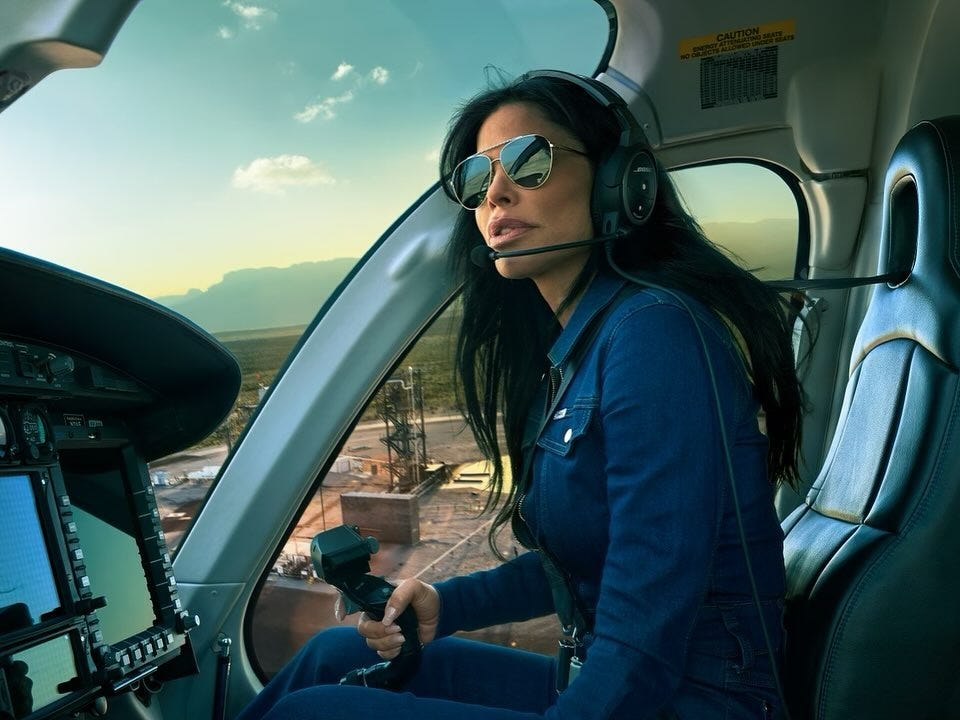
Blue Origin’s upcoming NS-31 mission will feature the company’s first all-female crew, a rarity in both agency and commercial missions, making it a notable milestone in space travel.
Scheduled for launch in spring 2025, the six-woman crew, which includes celebrities Lauren Sanchez, Katy Perry, and Gayle King, will ride aboard the reusable New Shepard rocket on a brief suborbital flight, experiencing a few minutes of weightlessness before returning to Earth after about 10 minutes total travel time.
While the flight duration may seem minimal, risk looms as the trip begins by blasting off in a rocket powered by 160,000 pounds of combustible liquid hydrogen. After a brief float at its apex above the Karman Line, the capsule endures a bumpy reentry before parachuting into the West Texas desert. Blue Origin passengers are not highly trained astronauts (with a few exceptions), but they are undeniably early adventurers embracing the risks of early commercial space travel.
Like previous Blue Origin missions, NS-31 passengers are a mix of paying clients, aerospace industry experts, and invited celebrities. What’s special about this particular mission, in addition to its all-female crew with laudable credentials in their fields, is that it features, measurably, the greatest star power of any space flight to date.
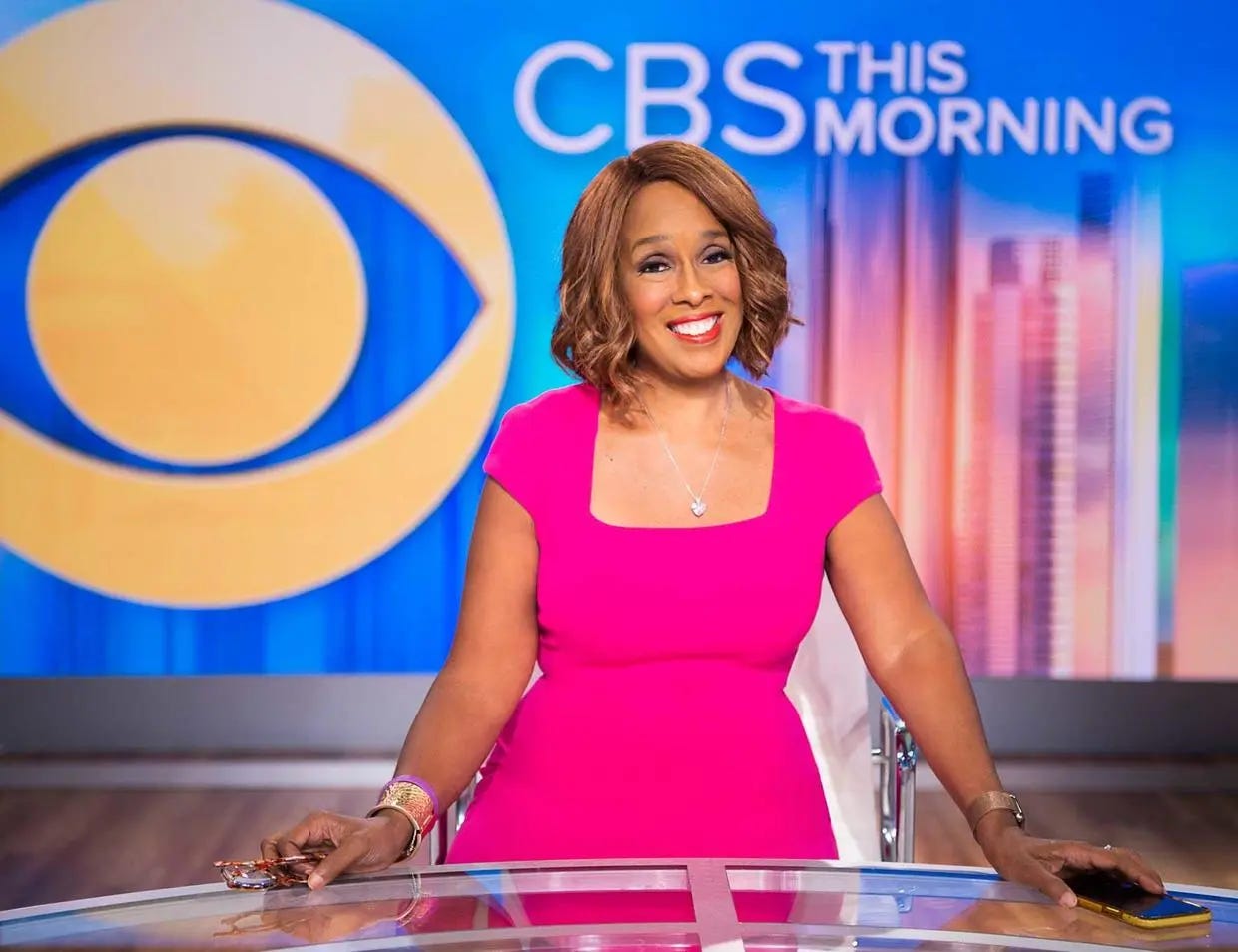
A Highly Accomplished Crew
The NS-31 crew consists of accomplished professionals from journalism, music, aerospace, activism, and filmmaking. This mission continues Blue Origin’s practice of inviting high-profile individuals on suborbital flights:
Lauren Sánchez – The mission leader, known for her television journalism career and prominence as Amazon and Blue Origin founder Jeff Bezos’s fiancée, Sánchez earned her helicopter pilot’s license in 2016. She later founded Black Ops Aviation, an aerial film production company specializing in Hollywood and commercial projects.
Katy Perry – One of the best-selling music artists of all time, Perry has sold over 143 million records worldwide, with nine No. 1 Billboard Hot 100 hits. Beyond music, she has built a successful business empire in fashion, fragrance, and philanthropy.
Gayle King – An award-winning journalist, King has co-hosted CBS Mornings since 2012, earning multiple Emmy nominations. A close confidante of Oprah Winfrey, she has conducted high-profile interviews with world leaders and celebrities, shaping conversations in media and culture.
Aisha Bowe – A former NASA rocket scientist, Bowe transitioned from aerospace engineering to entrepreneurship, founding STEMBoard, a company focused on technology solutions. She is a passionate advocate for increasing diversity in STEM fields and will become the first Black woman to fly with Blue Origin.
Amanda Nguyen – A civil rights activist and Nobel Peace Prize nominee, Nguyen founded Rise, an organization that helped pass the Sexual Assault Survivors’ Rights Act. She is a tireless advocate for human rights and has addressed global leaders at the United Nations.
Kerianne Flynn – A film producer committed to impactful storytelling, Flynn has worked on films such as This Changes Everything, which addresses gender disparity in Hollywood. She also serves on nonprofit boards, supporting arts and environmental initiatives in New York City.
There are no manual controls in the RSS Next Step capsule, but still it must be comforting for all involved to have the combination of Sánchez’s helicopter piloting experience coupled with the knowledge of a rocket scientist like Aisha Bowe simply for insights during the flight.
As far as star power is concerned, Blue Origin is continuing its practice of inviting notable personalities to participate in its missions. The company has previously sent William Shatner, the iconic Star Trek actor, to space on NS-18, and Michael Strahan, former NFL player and TV host, on NS-19.
The inclusion of Perry on this flight makes it the most star-powered space flight to date. Based on her 350 million social media followers and 1 million Google searches per month, she tops all other Blue Origin, SpaceX, and Virgin Galactic space travelers combined.
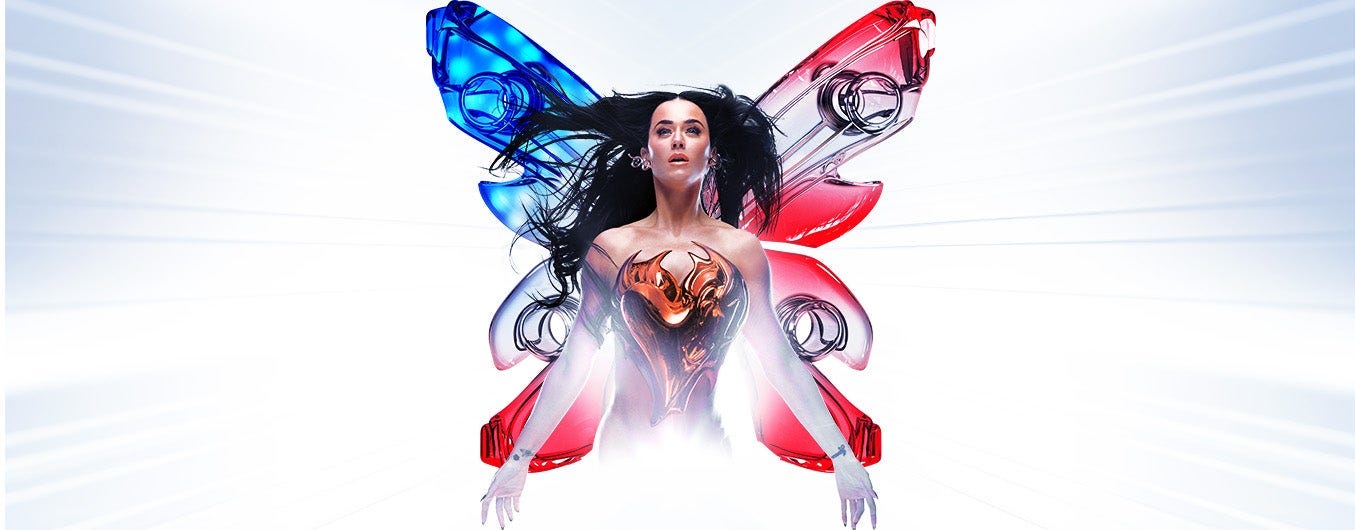
The Evolution of Female Space Travel
Women have played a vital role in space exploration, though their journey has been gradual. Soviet cosmonaut Valentina Tereshkova became the first woman in space aboard Vostok 6 in 1963, which was the only other all-female mission (solo). Two decades later, Sally Ride followed as the first American woman in space aboard Challenger in 1983.
Female presence in space has increased over time. In 1996, Eileen Collins and Bonnie Dunbar flew together on STS-75 (Columbia), marking the first time two women shared a mission. In 2019, Christina Koch and Jessica Meir conducted the first all-female spacewalk during Expedition 61 on the International Space Station (ISS).
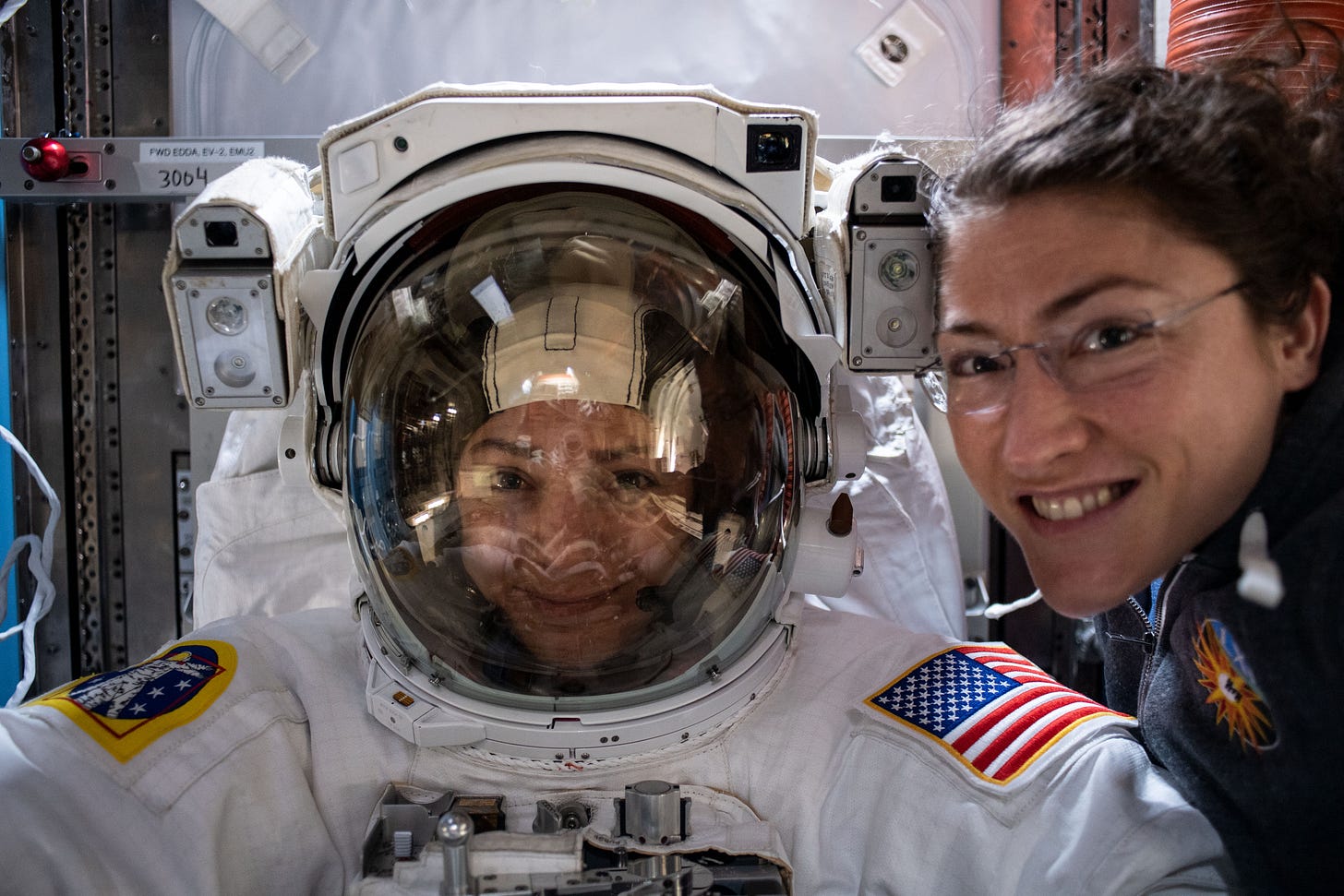
NASA’s astronaut corps has historically been male-dominated, but female participation is growing. Of 360 astronaut candidates, 61 have been women (17%). As of 2024, women make up 42.6% of NASA’s active astronauts. Despite progress, they remain underrepresented, comprising 12% of all space travelers.
Blue Origin, for its part, has lagged in female passenger representation with 23% of passengers to date being female, while Virgin Galactic is at 36%, and Space X is at 50% of its private commercial passengers. The all-female mission will help Blue Origin narrow the gap versus their competitors.
What’s Next for Women in Space Travel
Blue Origin NS-31 is a high-profile suborbital mission that brings attention to women’s participation in space travel. While commercial spaceflight has opened opportunities beyond career astronauts, access remains largely restricted to the wealthy and well-connected. Women’s representation in space tourism is increasing, though it is far from broadly accessible. For greater insights on travel by gender, see the SPL article, Commercial Space Travel Demographics.
Meanwhile, it is exciting and encouraging to consider that NASA’s Artemis program is set to land the first woman on the Moon, marking a significant step in gender representation in deep-space exploration. While NASA has not officially confirmed who will be the first woman on the Moon, astronauts Christina Koch and Jessica Meir (who performed the first all-female spacewalk) are among those considered strong candidates.
Lauren Sanchez interviews the NS-31 crew in this short clip. Reel: laurenwsanchez IG




